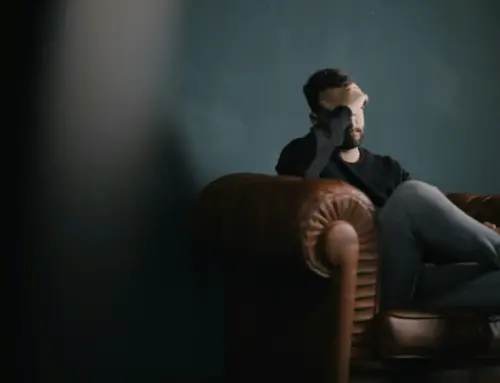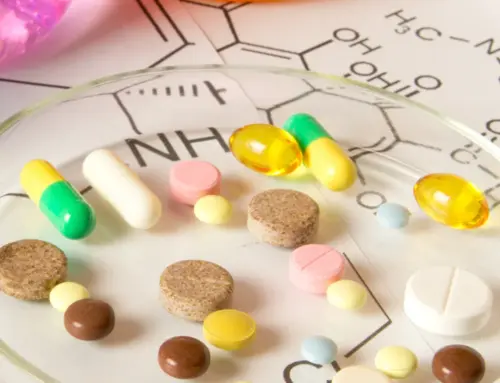It is very common for teens to be under the influence of drugs and alcohol. According to Alcohol Rehab, 33% of the population have tried their first drink from ages 15 and 17 and 18% drank when they were much younger. There are many rehab programs that are specifically for youth and there is no age limit when it comes to treating addiction. It is crucial for teens to get treatment in rehab to be kept off the streets, away from triggers, and to help their developing brain before it worsens.
Teens can feel the need to abuse substances in that they could feel pressured, have parents who are under the influence all the time, or using substances to look and feel cool. Teens’ brains are still developing so there could be biological factors involved like the prefrontal cortex which is responsible for goal setting, reasoning, and judgment. The nucleus is also still developing which is why teens tend to thrill seek.
Abusive substances can lead to teens having problems at school in regards to homework, exams, or risk of suspension or expulsion based on poor behavior or ditching school to get high.
Youth can also risk having poor relationships, bring stress to their family and friends, and car accidents if they are driving under the influence. Even worse issues could be having an over-dependence, having serious health issues, get arrested for drug and alcohol-related crimes, and financial difficulties. The most common among youth is alcohol where, according to Youth.gov, many youth engage in binge drinking more than adults.
The first step in treatment for teens is detox to flush the substances out of their system to allow the healing to begin. Medical professionals would be able to help teens through their withdrawal symptoms and they would be away from any substances that would ruin their detox. The second step is therapy so that the therapist can determine not just biological factors but genetic and environmental to help understand a teen’s struggle with substance abuse. There are a number of different therapies that can either be individualized or group-oriented such as Cognitive Behavioral Therapy, Family Therapy, Recreational Therapy, and Motivational Interviewing. There are also medications teens that can be prescribed like opioids, stimulants, and mood stabilizers to numb pain, increase mental functions, and reduce mood swings. These treatment methods will work for any age and will make a difference.
Located in downtown Midland, The Springboard Center’s mission is to offer programs and services to treat alcohol and drug addiction treatment using an evidence based curriculum, 12 step programs, diet, nutrition, exercise, emotional, mental and spiritual development for a long recovery. For more information, please call us at 432-620-0255 as we are open 24 hours a day, 7 days a week.




